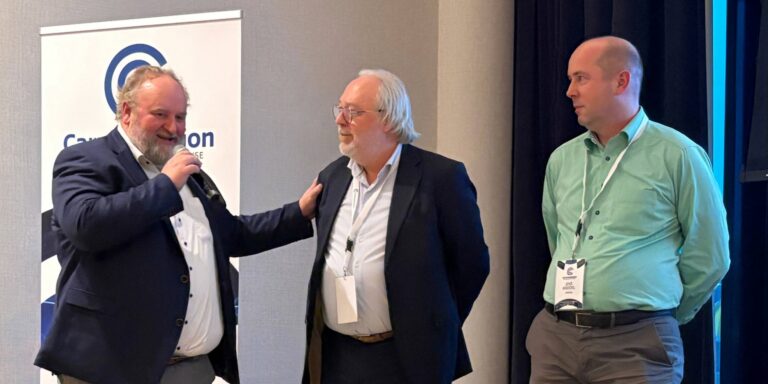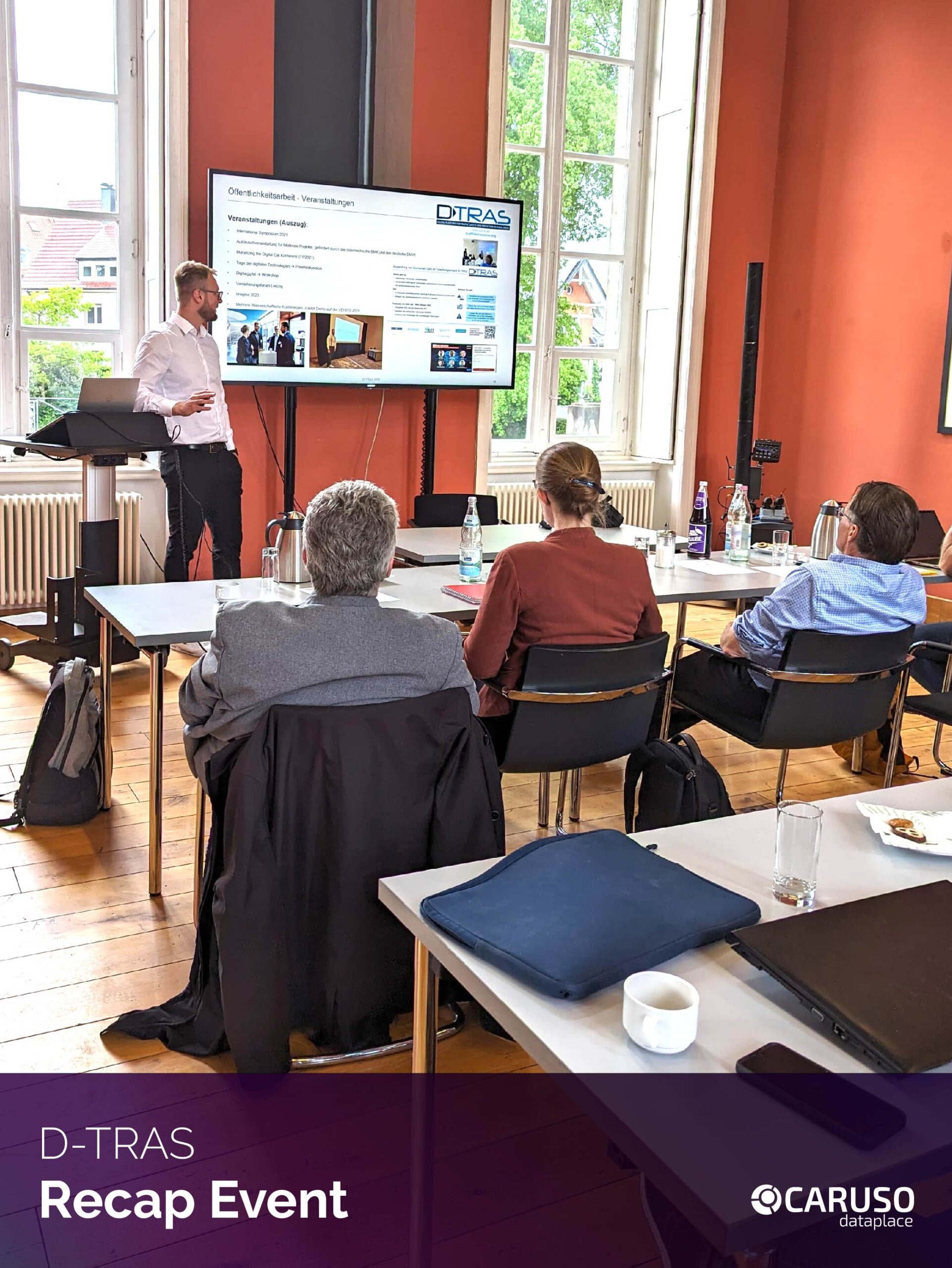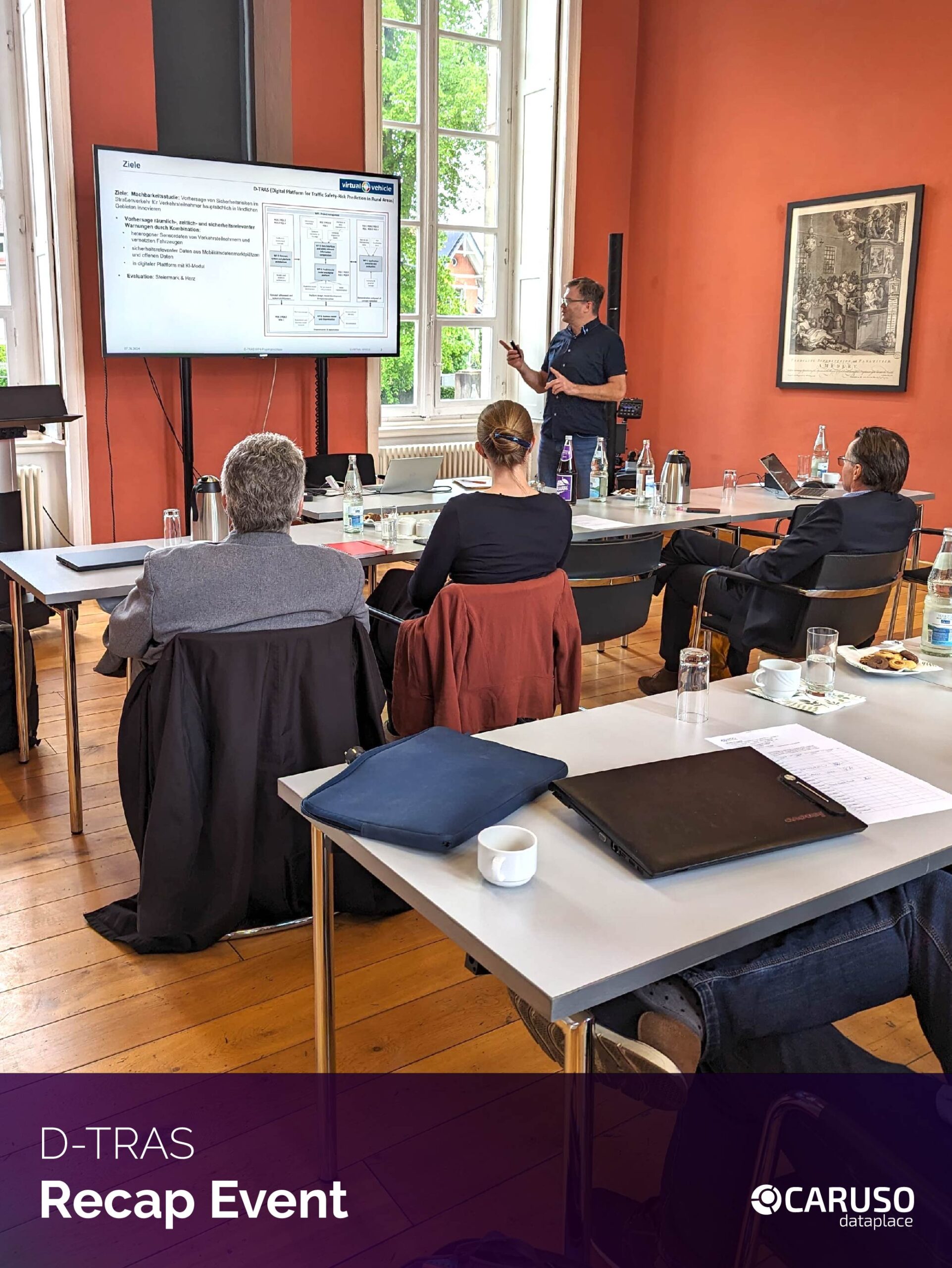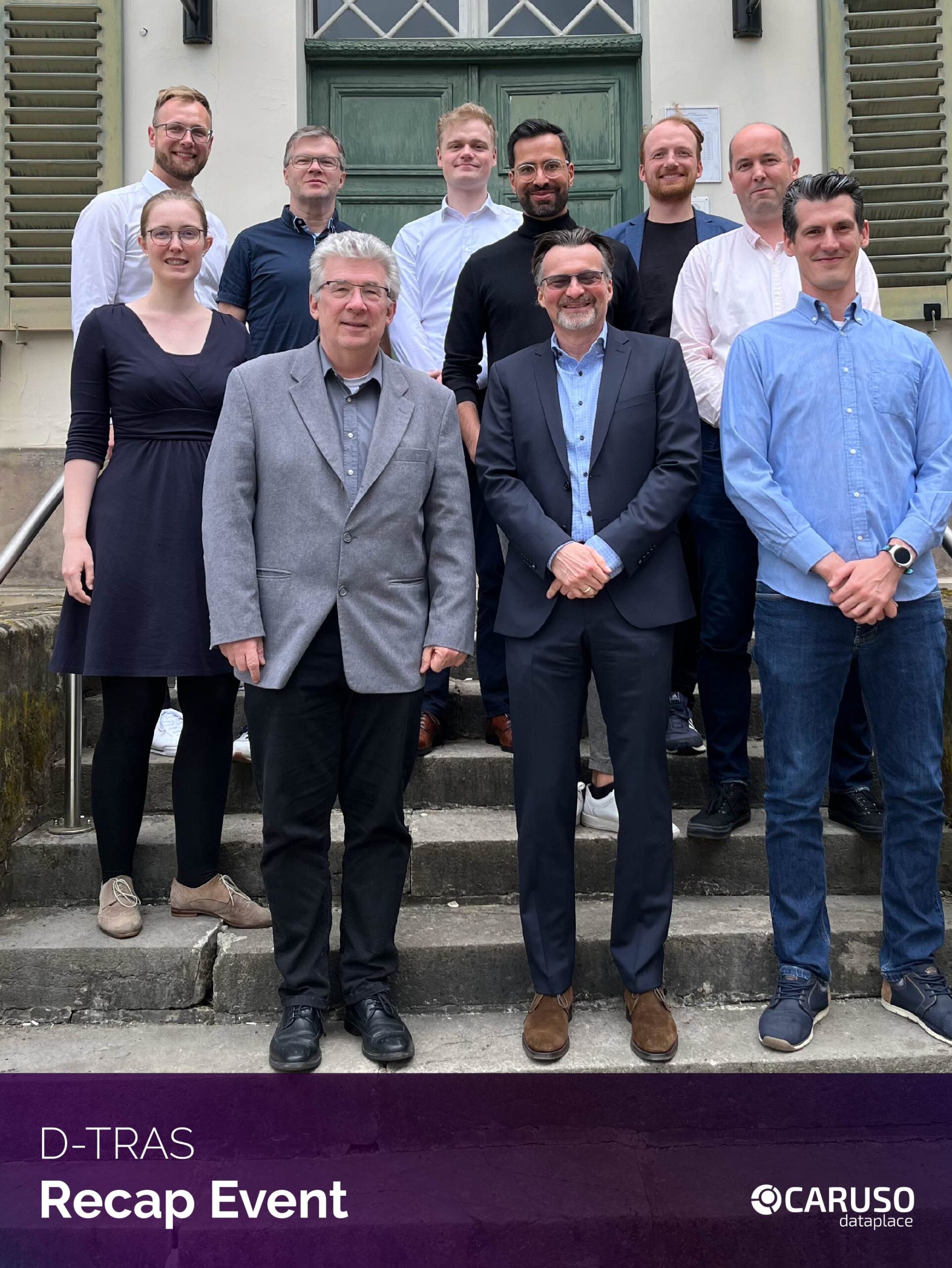
The official closing event and presentation of results took place at the historic observatory in Göttingen, marking the culmination of three and a half years of dedicated research and development.
D-TRAS aimed to identify potential traffic safety risks for road users and provide timely warnings. By integrating data from vehicle sensors, smartphones, wearables, and other safety-relevant sources, the project developed a sophisticated cloud architecture and utilized machine learning methods to detect traffic risks early. These warnings are now communicated through various apps that have integrated the “D-TRAS Kit,” providing a direct source of information for road users. 🚗📱
The project’s ambitious goals were driven by a commitment to enhancing road safety in rural areas, where traffic accidents often occur due to various unpredictable factors. The integration of diverse data sources allowed for a comprehensive understanding of traffic conditions, enabling the system to provide accurate and timely warnings to road users. This innovation represents a significant leap forward in traffic safety technology, offering a proactive solution to prevent accidents before they happen.
Key Highlights from the Project:
The project brought together several key contributors, including the Virtual Vehicle Research GmbH, Motobit GmbH, NEXT Data Service AG, and two chairs from The University of Göttingen. The collaboration was supported by the Federal Ministry for Economic Affairs and Climate Action (Bundesministerium für Wirtschaft und Energie), as well as by the Austrian Federal Ministry for Transport, Innovation and Technology. This cross-border cooperation exemplifies the strength of international collaboration in tackling common challenges and developing innovative solutions.
Throughout the project, the team faced numerous technical and logistical challenges. Developing a system capable of processing and analyzing vast amounts of data from various sources required advanced technological expertise and meticulous planning. The integration of machine learning algorithms was particularly challenging, as it involved training the system to recognize and predict potential traffic risks accurately. Despite these challenges, the team’s dedication and collaborative spirit enabled them to overcome obstacles and achieve their goals.
One of the most significant achievements of the D-TRAS project was the development of a user-friendly app that seamlessly integrates the system’s warnings and alerts. This app provides real-time information to road users, allowing them to make informed decisions and avoid potential hazards. The positive feedback from testers highlights the app’s effectiveness and usability, demonstrating its potential for widespread adoption.
Notably, 63% of testers expressed their desire to continue receiving D-TRAS warnings even after the test phase, highlighting the system’s effectiveness. This promising feedback supports an optimistic outlook for future business models and potential expansions. The high level of user satisfaction indicates that the system meets a critical need for improved traffic safety in rural areas, paving the way for further development and deployment.
The success of the D-TRAS project can be attributed to the combined efforts of many talented individuals. Special thanks go to Rebekka Rank (CARUSO), Jens Knodel (CARUSO), Jonas Hartmann (CARUSO), Lutz Kolbe (University of Goettingen), Henrik Lechte (University of Goettingen), Jannes Menck (University of Goettingen), Dr. Tim-Benjamin Lembcke (University of Goettingen), Masud Faisal (NEXT Data Service AG), Sebastian Busse (NEXT Data Service AG), Alessio Sevarin (Motobit), Nicolas Michofsky (Motobit), Michael G. (Virtual Vehicle Research Center), Manfred Rosenberger (Virtual Vehicle Research Center), Michael Spitzer (Virtual Vehicle Research Center), Gerald Musser (Virtual Vehicle Research Center), Alexander Stocker (Virtual Vehicle Research Center), Andreas Festl (Virtual Vehicle Research Center), Hannah Kolkman (DLR), and Walter Mattauch (Federal Ministry for Economic Affairs and Climate Action) for their incredible cooperation. Their dedication and hard work were instrumental in bringing the project to fruition.
The project’s success also highlights the importance of government support in driving innovation and fostering collaboration. The funding and resources provided by the Federal Ministry for Economic Affairs and Climate Action and the Austrian Federal Ministry for Transport, Innovation, and Technology were crucial in enabling the project’s development and implementation. This support underscores the role of government in promoting research and development initiatives that address critical societal issues.
As we look to the future, the success of the D-TRAS project serves as a testament to the potential of technology to improve road safety and save lives. The project’s outcomes provide a solid foundation for future advancements in traffic safety technology, with the potential to expand the system to other regions and further enhance its capabilities. The positive feedback from users and the high level of interest in the system indicate a strong demand for such innovative solutions, encouraging continued investment and development in this field.




